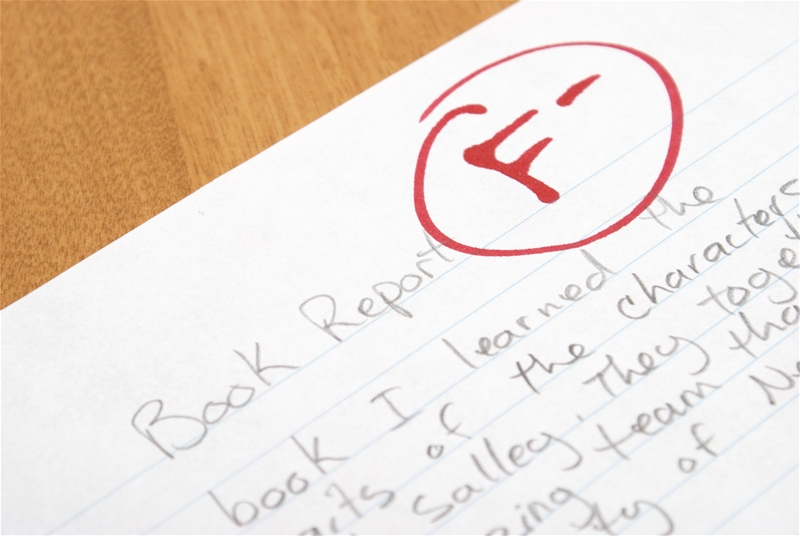Some quick thoughts on assessment culture as I sit in the local coffee shop this lazy Sunday afternoon…
What is Assessment Culture?
First, a definition. What exactly is assessment culture? In my view, it’s the continuing assessment of performance from school through your adult life. Some examples of assessment culture including grades or performance reviews at work. But it doesn’t stop there, as assessment culture has become rampant in the internet age. Think Yelp and Amazon reviews or even message boards for tv shows like Game of Thrones. In today’s world, everything is constantly assessed and judged continuously and ubiquitously.
Why Would That Be Toxic To Mental Health?
I know some of you are reading this and think the world has gotten soft, and back in your day, you didn’t hand out participation trophies to everyone. And if that’s how you view the world, I urge you to stop reading right now. But for the rest of you, I want you to consider your life, especially your childhood. Was there a time when an unkind word from a teacher or higher up prevented you from learning or exploring something and left you feeling anxious and/or depressed?
I imagine many of us had an experience like this. Personally, I can remember being told my creative writing or drawings were pretty average and needed work when I was in grade school by one particularly harsh 5th grade teacher who I was terrified of constantly. As I reflect on it now, it prevented me from really exploring any sort of visual art until my 30s because I assumed I was just bad at it, which of course was patently untrue. (I now draw every day).
So when I say assessment culture is toxic to mental health, this is what I mean: it prevents us from exploring ourselves and our creativity. This isn’t to say that we don’t need criticism to get better because that is the only way to get better, along with constant practice. But in my estimation, it needs to be couched with empathy and encouragement, especially with school-aged children and especially when people are just starting out with something new. Giving someone permission to be bad at something and letting them grow into their skill is essential for creative growth.
Bowing Out of Assessment Culture In the Internet Age
I admit it, I’ve been an asshole on the internet. I’m guessing most of you have too. I’ve unkindly criticized people on twitter or reddit. Some of them might have deserved it. But that’s beside the point because many of them probably didn’t and even if they didn’t deserve it, it doesn’t mean I had to be a jerk. (I’m thinking especially of ridiculous sports twitter arguments I’ve gotten into).
And the truth is, I’ve found that when I’m on social media, I tend to become more judgmental. I focus on all the faults of a television show I like or the imperfections in a political candidates platform. I talk shit about sports teams and players and sneer at other people’s Instagram posts of their vacations.
I doubt I’m alone in this. I think that judgment runs throughout assessment culture. Think about Yelp for example. There is can be a smugness to the reviews that can feel so self-important and ridiculous. It drives me crazy. Everyone seems to have strong opinions about everything these days, and the loudest seem to be coming from the people who should be the quietest. (As Yeats once said, “The best lack all conviction, while the worst are full of passionate intensity.”) It becomes negative and toxic very quickly. And without even realizing it, it can begin to change you.
So what’s the solution? Mine has been to bow out of internet culture. I’ve shut down my Facebook, Instagram and Reddit accounts. I limit my twitter browsing to once a day. It’s been much better for my mental health. I am generally a lot less anxious and distracted. I am bored a whole lot more, but that has been healthy. It’s forced me to find other ways to spend my time.
Admittedly some of you can’t do this or don’t want to do this. That’s fine of course. But hopefully, we can all be a little more mindful of how the internet and assessment culture can shape us in ways that are toxic and harmful.

